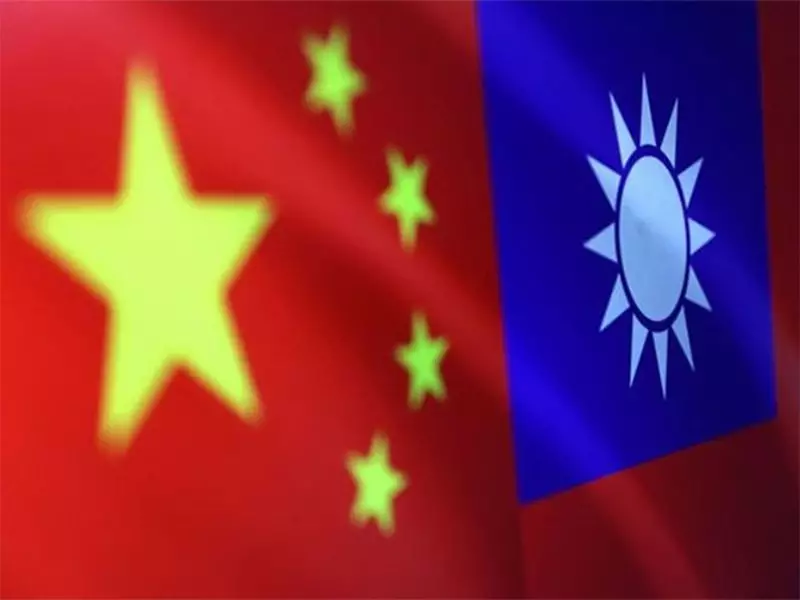
In a bold move that has escalated regional tensions, Taiwan has firmly reasserted its sovereign status following intense protests from Beijing over a significant diplomatic encounter between Taiwanese representatives and Japanese Prime Minister Fumio Kishida.
Beijing's Strong Objections
The Chinese government launched vehement protests after learning about the meeting between Taiwanese officials and Japan's leader. Beijing, which considers Taiwan part of its territory under the "One China" policy, characterized the interaction as a serious violation of its core interests and territorial integrity.
Taipei's Unyielding Response
Rather than backing down, Taiwanese authorities responded with strengthened resolve. Officials in Taipei emphasized that Taiwan is already an independent sovereign nation and condemned what they described as China's "bullying tactics" and attempts to intimidate the island nation.
Regional Implications
This diplomatic confrontation comes at a sensitive time in East Asian politics. The meeting with Japan's Prime Minister represents Taiwan's continued efforts to maintain international relationships despite China's persistent campaign to isolate the island diplomatically.
Regional analysts suggest this incident demonstrates Taiwan's growing confidence in asserting its position on the global stage, while simultaneously highlighting China's determination to control Taiwan's foreign engagements.
Historical Context
China has consistently opposed any international recognition of Taiwan as a separate entity from mainland China. However, Taiwan has maintained its own government, military, and diplomatic relationships with several nations despite not having widespread formal recognition.
The latest diplomatic row underscores the ongoing complexity of cross-strait relations and the delicate balance regional powers must maintain between economic ties with China and their relationships with Taiwan.






